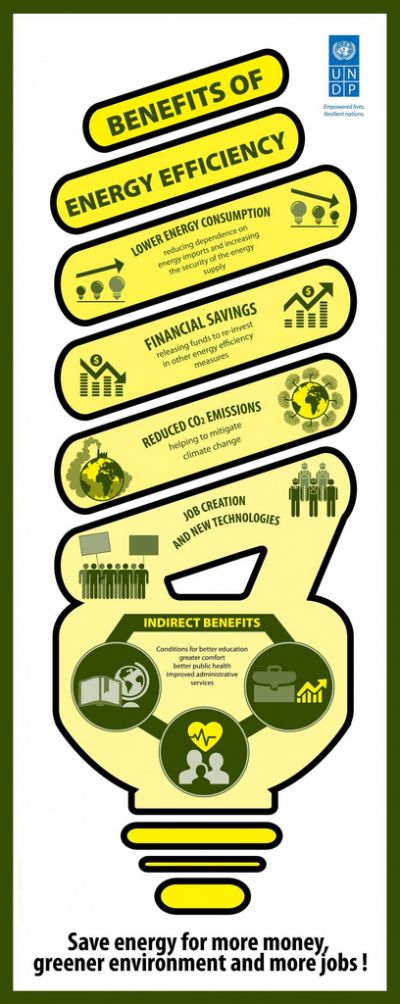On 22 January 2014, the European Commission launched the 2030 framework for EU climate change and energy policies - a new package which sets new climate and energy objectives for 2030. It is positive that greenhouse gas emission reductions and renewable energy targets are binding, giving a longer term perspective to economic and social stakeholders. However, in relation to the ambition of the 2050 roadmap short-term rather than long-term vision prevails.
The lack of ambition is particularly worrying in the case of energy efficiency, where the EU has made the least progress and no binding target is foreseen. Europe badly needs investments and investment into energy efficiency is under pressure. More action and clearer targets are needed.
The ETUC is also worried by the striking lack of attention paid to the social dimension of the transition and to the challenges for the workforce (education and skills, workers’ participation and anticipation of change, social protection, etc.). “Just transition proposed by the ETUC should be a key pillar of European climate change and energy policies and of the new governance structure", stressed Józef Niemiec, ETUC Deputy General Secretary.
The EU has to change its short term “low-cost” options for energy policy, which are dangerous in terms of their consequences: rising energy dependency, cost of energy bills, lack of incentives for promising value-chain, no incentive to create jobs in sectors such as construction, public transport, renewables, etc.
A vast investment plan should be the cornerstone of an ambitious strategy, as mentioned in the roadmap for a low-carbon economy in 2050. This is why the ETUC launched a plan for Investment, Sustainable Growth and Quality Jobs - A New Path For Europe - which outlines how the EU can invest an additional 2% of GDP per year in sustainable growth and jobs.

